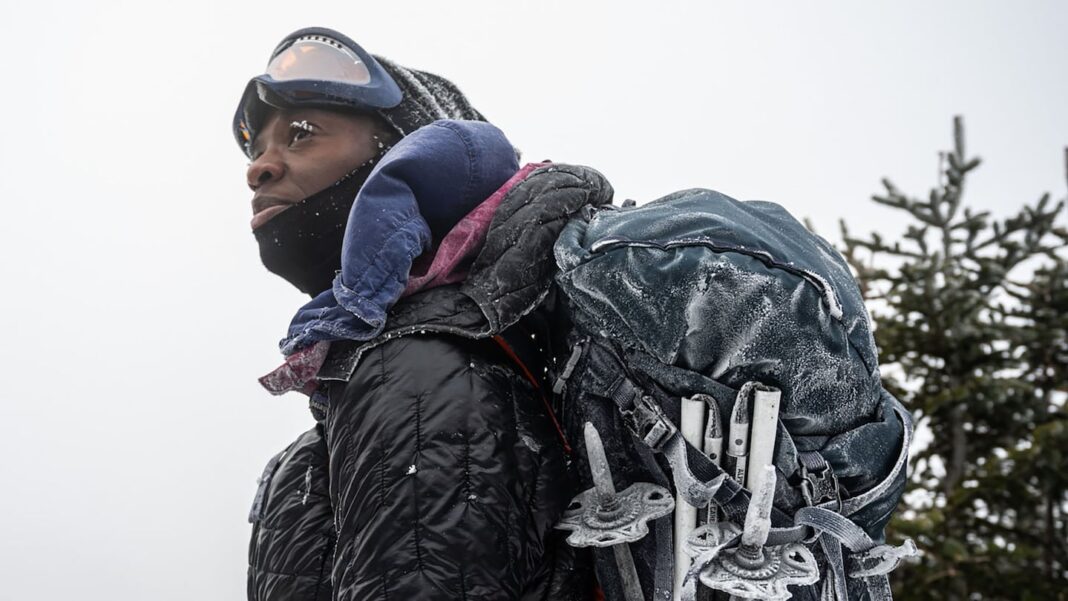The Reclamation of Nature by Black Americans: A Journey of Rediscovery
Historical Context: Nature and Exclusion
For centuries, the relationship between Black Americans and the great outdoors has been fraught with barriers rooted in systemic racism. Questions posed to Black individuals about their wilderness experiences often stem from ignorance, inadvertently serving as reminders of the long history of exclusion and alienation faced by Black communities. Historical practices of land displacement—beginning with Indigenous peoples and extending to the segregationist policies that barred Black families from parks, pools, and beaches—have severed many ties to nature. The legacy of redlining has further confined communities of color to urban areas, leaving them with limited access to green spaces.
Despite these challenges, a rich cultural heritage of connection to nature persists among Black Americans. Historically, people of African descent have engaged profoundly with natural surroundings through farming, fishing, and hunting, particularly in the Southern United States. These traditions have persisted even amid systemic efforts to marginalize their presence in outdoor spaces.
Current Trends: The Rise in Participation
Recent statistics reveal a promising shift. According to the 2025 Outdoor Participation Trends Report from the Outdoor Industry Association, Black Americans have become a key demographic in the growth of outdoor activities, including hiking, camping, fishing, cycling, and running, with participation rising by an impressive 11.4% from 2019 to 2024—the largest increase among any group. This trend suggests a reclaiming of outdoor spaces by marginalized communities, leading to a redefinition of who belongs in the great outdoors.
A Personal Journey: Observing Change
My experiences in the outdoors reflect this larger societal transformation. Over the last five years, I’ve noticed a significant increase in the racial diversity of hikers on local trails, especially among younger adventurers. The COVID-19 pandemic further catalyzed this movement as individuals from various backgrounds sought refuge in nature. Emerging affinity groups like Rise Outside, Outdoor Afro, and Brown Girls Climb have played critical roles in fostering community, culture, and belonging within the outdoor space.
Rediscovering Connections to Tradition
As a Black woman, I often find myself on a quest to unearth the stories bridging my ancestry to nature. Many of these tales have been long overlooked or erased from the broader narrative of nature writing. Learning about Indigenous practices that have sustained North America for millennia evokes a range of emotions—pride in the resilience of these traditions, alongside frustration at their exclusion from mainstream narratives. My discoveries extend to African traditions as well, where nature is portrayed as alive and sovereign.
Within the Yoruba culture, deities embody natural elements—Yemaya commands the ocean, Chango represents lightning, and Oshun oversees rivers. Another goddess, Aja, symbolizes the spirit of the forest. Aja’s essence invites me to cultivate a relationship with nature characterized by stewardship rather than mere visitation. On the trail, I strive to slow down, engage fully, and recognize my interconnectedness with the wilderness around me.
Celebrating Aquatic Heritage
Reading Kevin Dawson’s “Undercurrents of Power: Aquatic Culture in the African Diaspora” illuminated the profound aquatic heritage that exists within West African culture—swimming, fishing, and boating being integral aspects of daily life. Ironically, while West Africans thrived around water, European explorers often approached it with trepidation. This historical context enriches my understanding of how cultural perceptions of the outdoors have evolved through colonization.
Honoring Space: Remembrance and Legacy
One poignant location that embodies this legacy is Coit Mountain in New Hampshire, the only mountain in the state named after a Black person. Though modest in stature, the hill carries the profound history of formerly enslaved people who found shelter and sustenance within its slopes. Each visit serves as a reminder of both the struggles faced by these ancestors and their resilience in turning to nature for survival.
Emerging Communities: A New Chapter
The movement towards inclusivity in outdoor spaces is not merely a trend but a necessary evolution. Affinity groups and grassroots organizations are emphasizing the importance of representation, funding, and power-sharing in outdoor activities. Their efforts help build a more equitable outdoor culture, fostering a sense of belonging for future generations.
In this dialogue around race, history, and nature, it is clear that a significant shift is occurring. Black Americans are taking strides not just in reclaiming outdoor spaces but also in redefining their relationship with nature, transforming how they engage with and experience the world around them.



